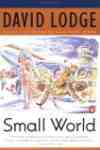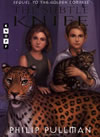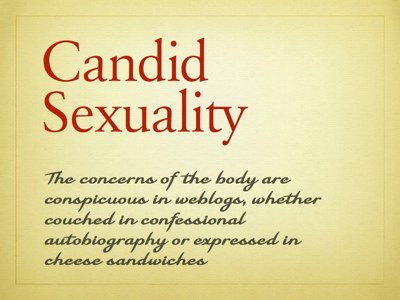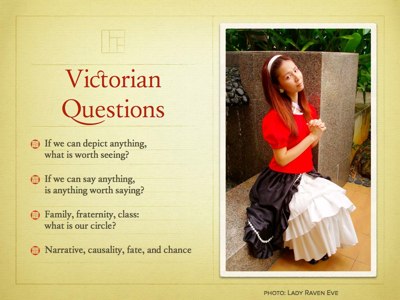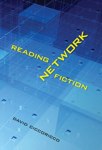What we're talking about, I think, is appreciation. All I can add to this is my personal appreciation of so-called classic hypertext. I spent some years deeply involved with it, so I'm probably dismissable on that basis alone. Nonetheless, the stuff's stuck with me, the way literature just does stick, sometimes. When it's good.
One long, sentimental example: After my daughter was born, during a time when I was feeling very inside-out, I went to the mountains with my fledgling family, and all weekend I was thinking, on one hand, about how unsettled I was by my new role, by mothering, and, on the other hand, wistfully, of this line from Michael Joyce's Twilight: Mountain the first home.
The line was my refrain for the weekend: it soothed me like little else did at the time, and as I reflected on it, I found that I had deepened my sense of what we, as a family, were all doing out there in the middle of the woods, trying to make ourselves a home in the world in more ways than one.
I returned to New York to find Mark had linked to David Ciccoricco's dazzling essay (no longer available, it seems) on Twilight. The essay contained the whole lovely quotation ("Atom recalling granule, granule stone, stone the great mountain, mountain the first home"), and also drew a fascinating connection between the pile of stones that, for better or worse, is Eastgate's logo, and a different pile on Michael Joyce's home page, which was, and still is, like a lot of homes, abandoned.
And then, writing all of this down, I found, for the first time in a decade, that I could not remember the first lines of Joyce's afternoon, a story, except for the words "beset by fear" and "echoing off far ice," even though I had heard the words in my head -- all of them, very clearly -- for years and years. (I even heard them when I was pregnant, and I forgot lots and lots of things then!) At last the line came to me, and when it did I recognized that it was (of course) about memory, or more precisely the loss thereof ("I try to remember winter" "As if it were yesterday?"). And then I remembered that the word is not "remember" but "recall," and the difference had to do with hearing things, with echoes, which don't usually sound the same as the original anyway. (To make the doublings even more elaborate, in afternoon, there is also the matter of the two beginnings, true and false.) So: mountains, stones, homes, abandonments, forgetting, misremembering, beginning and beginning again. Story of my life, in other words, at that moment.
When people ask me why I "do" hypertext, or (alas) sneer at my involvement in it, and I reply that the stuff speaks to me, this is what I mean. It inhabits me. When I read the stuff, I'm amazed at how quickly the associations pile up, and how relevant, how apposite everything having to do with hypertext suddenly seems; I rediscover, through the experience of reading, say, Twilight or afternoon, a vital sense of how interconnected we all are, or might be, and how personal such associations are, how intimate.
Maybe it's just me. Or maybe readers who resist hypertext are resisting this. If it is, that's just too bad, I suppose. I really don't know how other people feel about hypertext (it seems like mostly people don't feel the way I do, or if they do, they're not talking about it.) In this stuff, like so much else, it's all YMMV. I've only got my own experience to go on. I'm not an academic, I don't have a critical agenda. I'm just a reader of the stuff.
I think we need an anthology of articles about writing (and reading) hypertext. Have favorites? Email me, even if they're obvious. Have something in your drawer? Email me, too.
